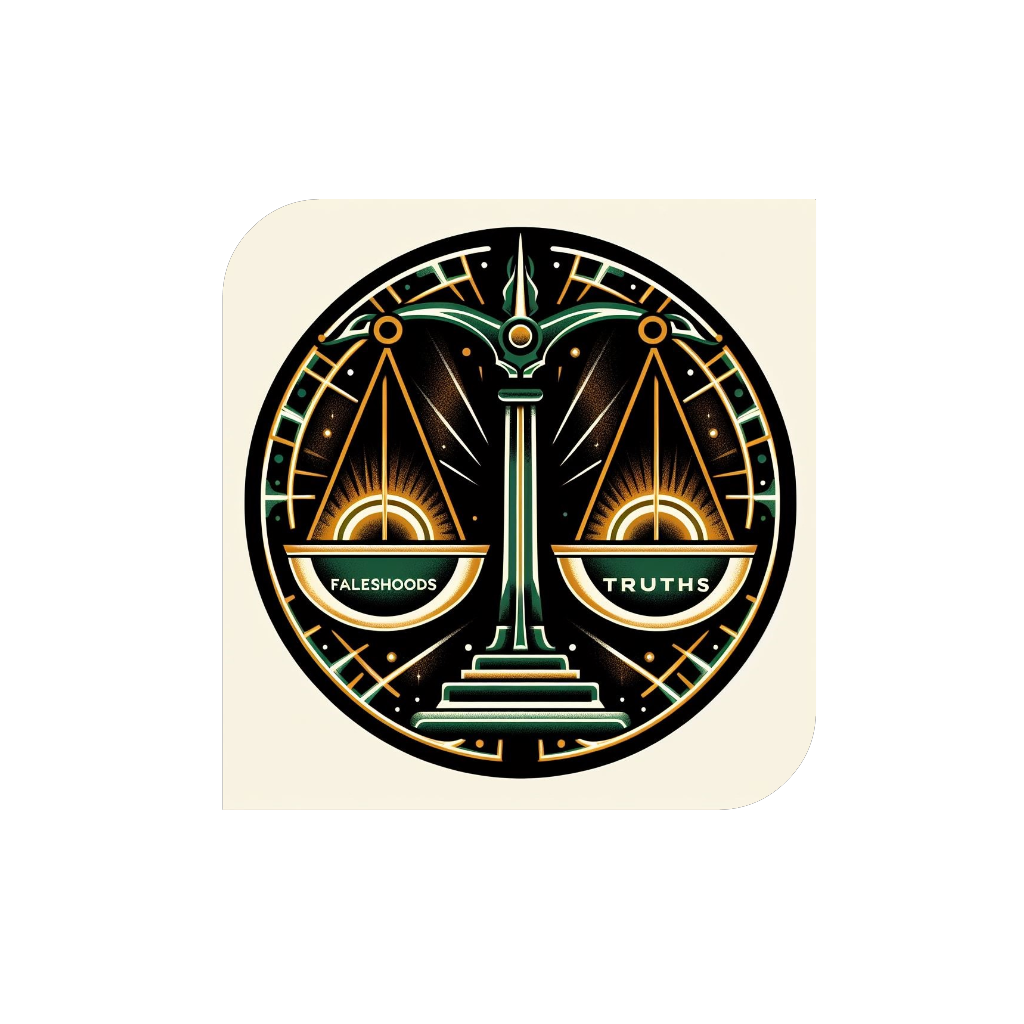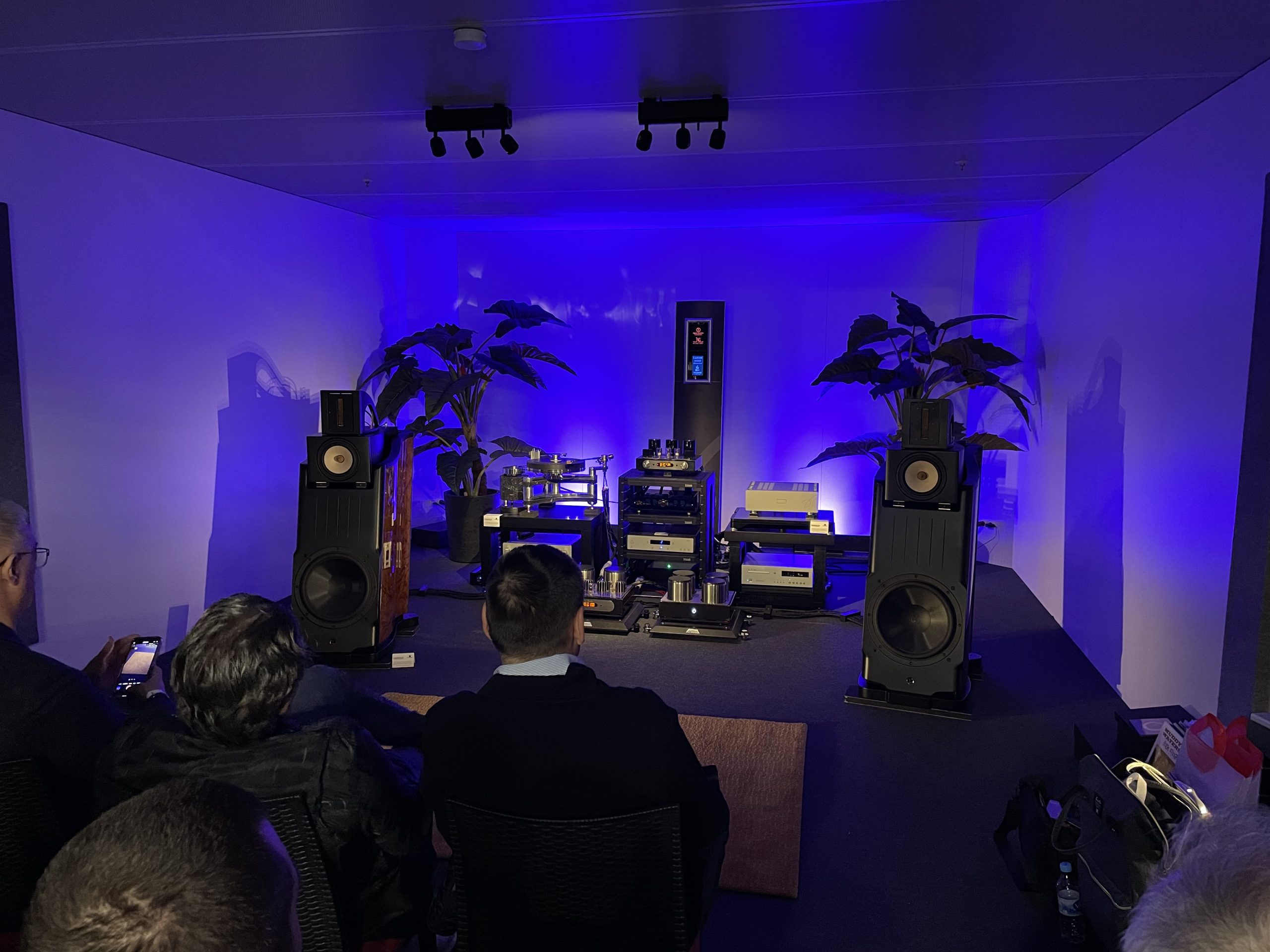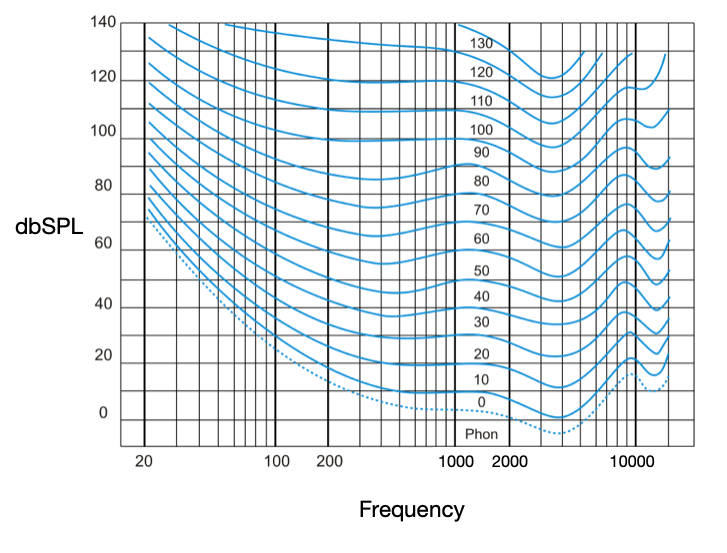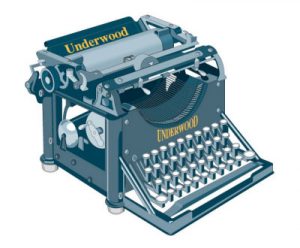The world is full of false information. At the same time, we are frequently to be blamed for not doing our due diligence to verify information. As audiophiles, we are in constant pursuit of improving the performance, and therefore the enjoyment of our playback systems. It seems however, that many audiophiles pursue this goal while wearing blinders. Many think that new equipment will solve their problems, not realizing that the conditions of the environment have control over the results. Others are easily persuaded with words that have no backing support or evidence that the words are true. The world of high fidelity is full of fluff and conmen who are only interested in your money, not your goals.
In addition, today's world has fewer storefronts where one can be exposed to good sound. Along with that, the art of set-up and calibration is dying with us old-timers (oh my, I'm now an old-timer).
Another ingredient to add to our mix of confusion are the many inexperienced, self-elected experts and audio reviewers on YouTube and other social media platforms.
That is a lot of pollution, distortion, and distraction to process. Frequently, especially on social media, you can find more falsehoods than truths. People can be very outspoken even when they don't know what they're talking about. Often more so I find.
I have a conservative but bold statement that says "More than 90% of the audiophiles are experiencing less than 50% of their equipment's potential." Why are we seeing so much of this? Why are we not using critical thinking skills before spending thousands of dollars on something that cannot possibly improve our system, either because it has no merit, or because there are much bigger issues that need to be addressed before it can be beneficial? Certainly, more common than not, some unsuspecting audio enthusiast is talked into a large purchase that makes no logical sense.
Critical thinking involves little effort most of the time. At its most basic form, it involves questioning. Critical thinking is the practice of evaluating evidence to make informed judgments and decisions. It's a process that involves analyzing and applying information from observation, experience, and reasoning. It requires inquiries with experts within the field of interest. We call this research.
Let's call out some common myths we deal with daily that have no merit. Ideas and concepts that only exist in the high-end audio world. I'm an acoustical engineer, I deal with physics, predictions, perceptions, and measurements. I'll list some acoustical myths that only live in the audiophile world. They rarely live in the pro audio world, and they certainly don't exist in the acoustics, noise and vibration, architectural, or mechanical engineering industries. Let me be clear that I use my ears as the final arbiter, and that there are many things that we can measure that we cannot hear, just as there are many things we can hear that we cannot yet measure. Think of the fact that the computing power required and the technology for measuring the correlation of sound time, energy, and frequency (time delay spectrometry) was developed just a short time ago in 1967 by Richard Heyser. It was not available commercially until 1980 and only became affordable for smaller R&D companies and acoustical firms in 1990. It is now in its adolescence. Even newer are technologies in the field of neuroscience correlating sound and perception in the mind. It is only in its infancy. There is much to learn. However, there is much we can apply if we just take a moment to use our heads to educate ourselves with information that is already known. Using logic, what is the most important next step in your hi-fi journey? What's the step after that? Where should you go to find this information? Is the information from a reliable source? Can it be supported? Is there evidence other than just verbiage? If not, it should be suspect.
Here are some examples of audiophile concepts that don't meet our criteria:
- Cables don't make a difference. If you cannot hear differences in cables (of which, there are many ways they can be measured and compared; capacitance, inductance, impedance, time delay reflectometry, EMI/RFI rejection, etc.) you likely have any number of bigger issues standing in the way.
- Spikes or couplers are mechanical diodes that drain vibrations away from the component. Vibrations are always a two-way street until the energy is converted into heat.
- Soundproof. Not a word acoustical engineers use.
- An acoustical room treatment prescription can be made without acoustical data. Acoustical data of both the room and the treatment products are required. It is impossible to make recommendations based on room dimensions and photos alone, or to apply products that don't have supported test data. Acoustical products that do not have supporting standard test reports should be suspect.
- One-size-fits-all power conditioners and acoustic treatments. Every system is unique. Onsite measurements are the only way to determine what is needed (and what is not).
- A simple in-room frequency response will tell me how it sounds and what's going on. This notion is nowhere near the ballpark. This is a fine example of people measuring the wrong thing, and often the wrong way. An in-room frequency response is mostly telling you about your speaker, not the room, nor the interaction of the speaker with the room. Like in electronics, in acoustics, there are many different measurements, each tell a different element of the story.
In conclusion, I hope that at least a few people who read this article will save a ton of money and improve the enjoyment of their investment by taking the time to properly evaluate and prioritize the steps needed to do so. It is unlikely that a fancy new cable or piece of electronics is the wisest next move. Not that these don't matter, it is just more likely that the environment (power quality and acoustics) is sonically overpowering their potential benefits. Understand that when something sounds “different” it does not often mean “better”. The foundation of a neutral environment should be the goal. Look to experts (who have credentials) and look for proof to back up verbal claims. In acoustics, there are standard tests to prove product performance, and that report should be available to view. If not, it should be suspect. From an engineering point of view, without such data, I can't use it because I don't know how it performs. There is no way to know how it applies. The same lack of information may be plaguing you. Maybe the bass problems you're experiencing are related to room modes and/or your listening position and/or the location of the speakers in the room rather than say your tube amplifier, or subwoofer, or? If you are simply guessing, you are chasing your tail around in confusion, and will never reach optimal system performance. Your system can and should be evaluated subjectively and objectively using a scientific approach. Prioritized solutions can then be made. You should make informed decisions, not uninformed, misinformed, or even disinformed ones.
Beware of fluff. Take the time to prove to yourself that your next move is a sound one.







































